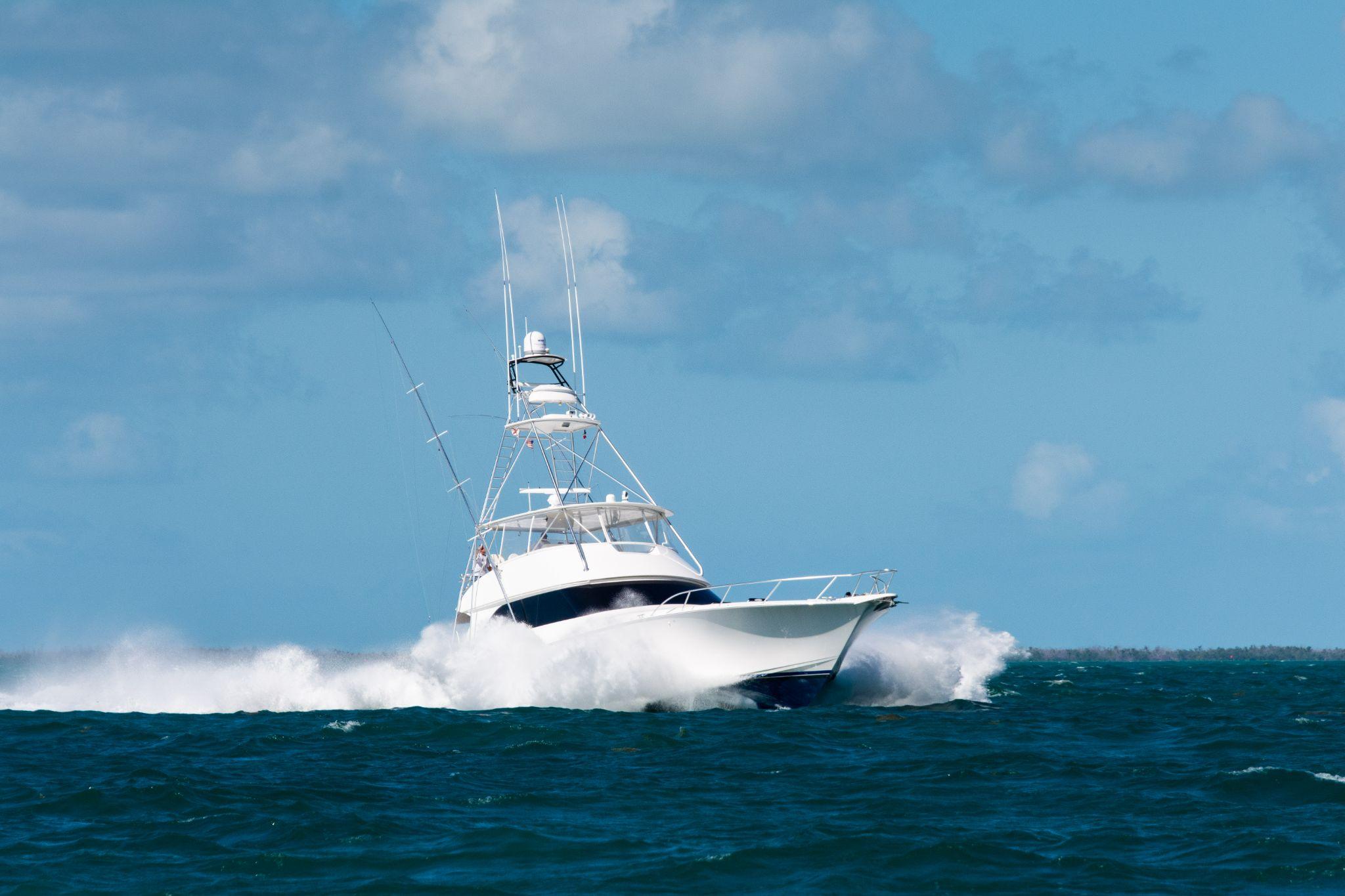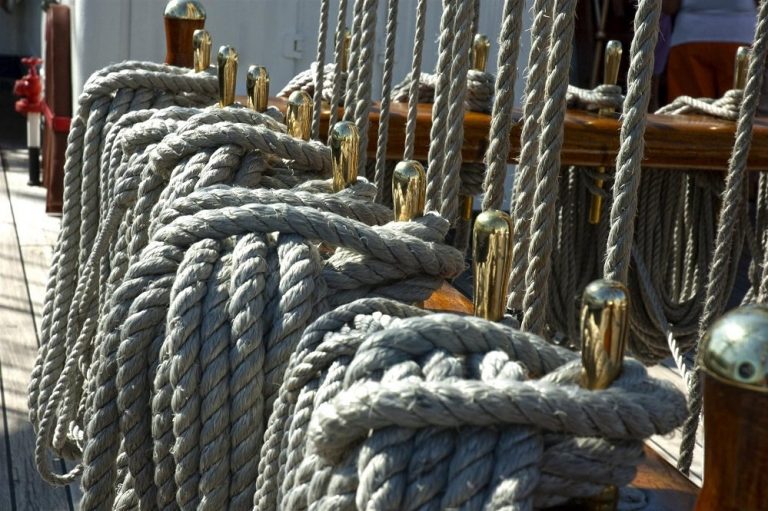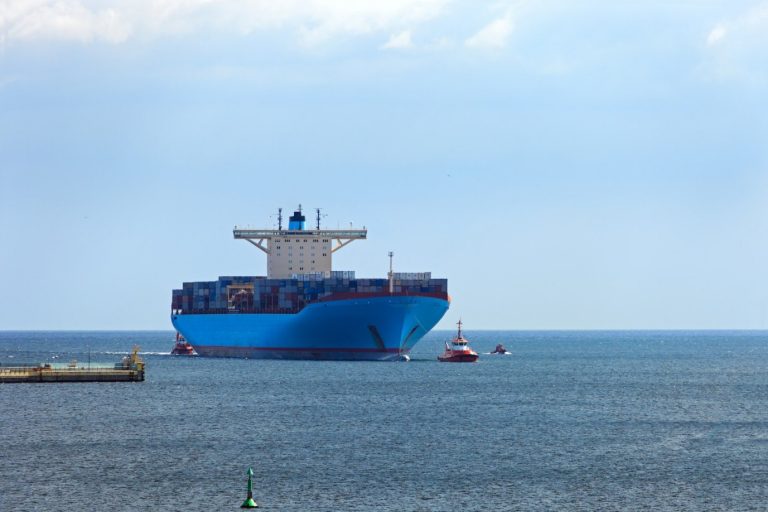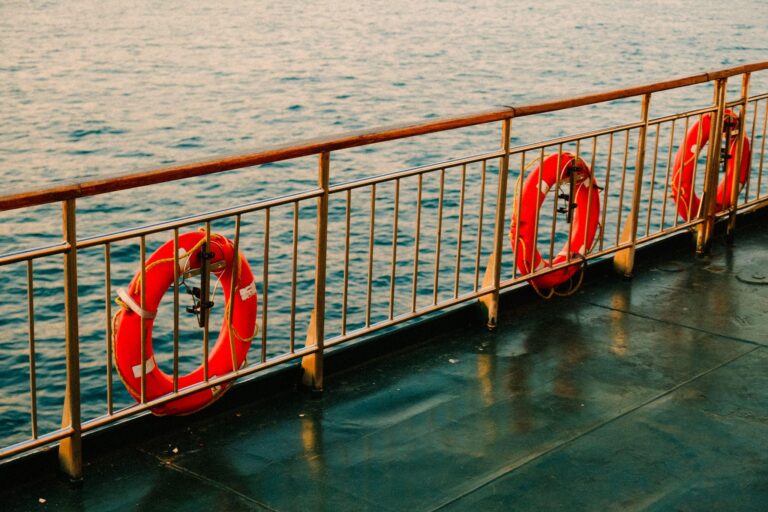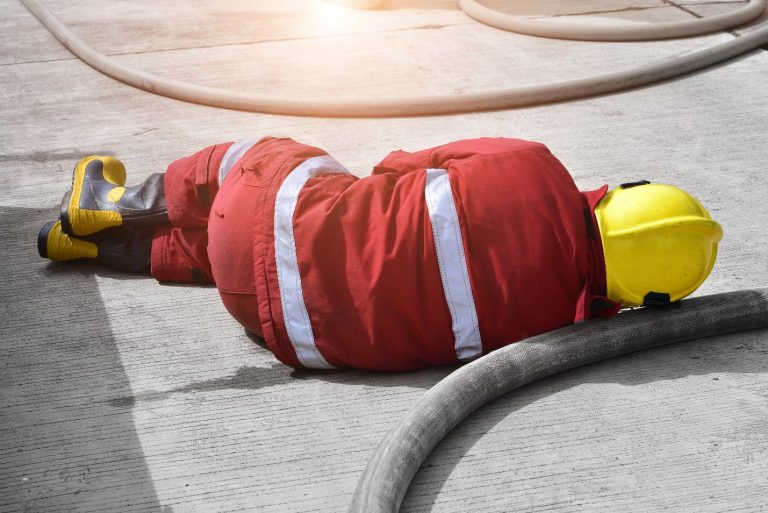Working on board a charter boat is an exciting and fun career. Because you spend most of your time with the people you work with on board, the sea becomes your home. What’s more, you get to travel, see different places, and meet people from all walks of life. However, going to sea isn’t for the faint-hearted, as it comes with more risks than any other occupation. Therefore, it is no surprise that you may easily get injured while working on a charter boat.
But what is a charter boat? A boat rental with a carrying capacity of more than six people on state waters is considered a charter boat. Boats for charter are usually big and are equipped for a longer stay on the sea.
Types of Charter Boat Injuries
Getting injured while working on a charter boat isn’t uncommon. In fact, most seafarers have been through a boat accident at one point in their lives and got injured. Boat injuries range from minor to gruesome types, including fatalities.
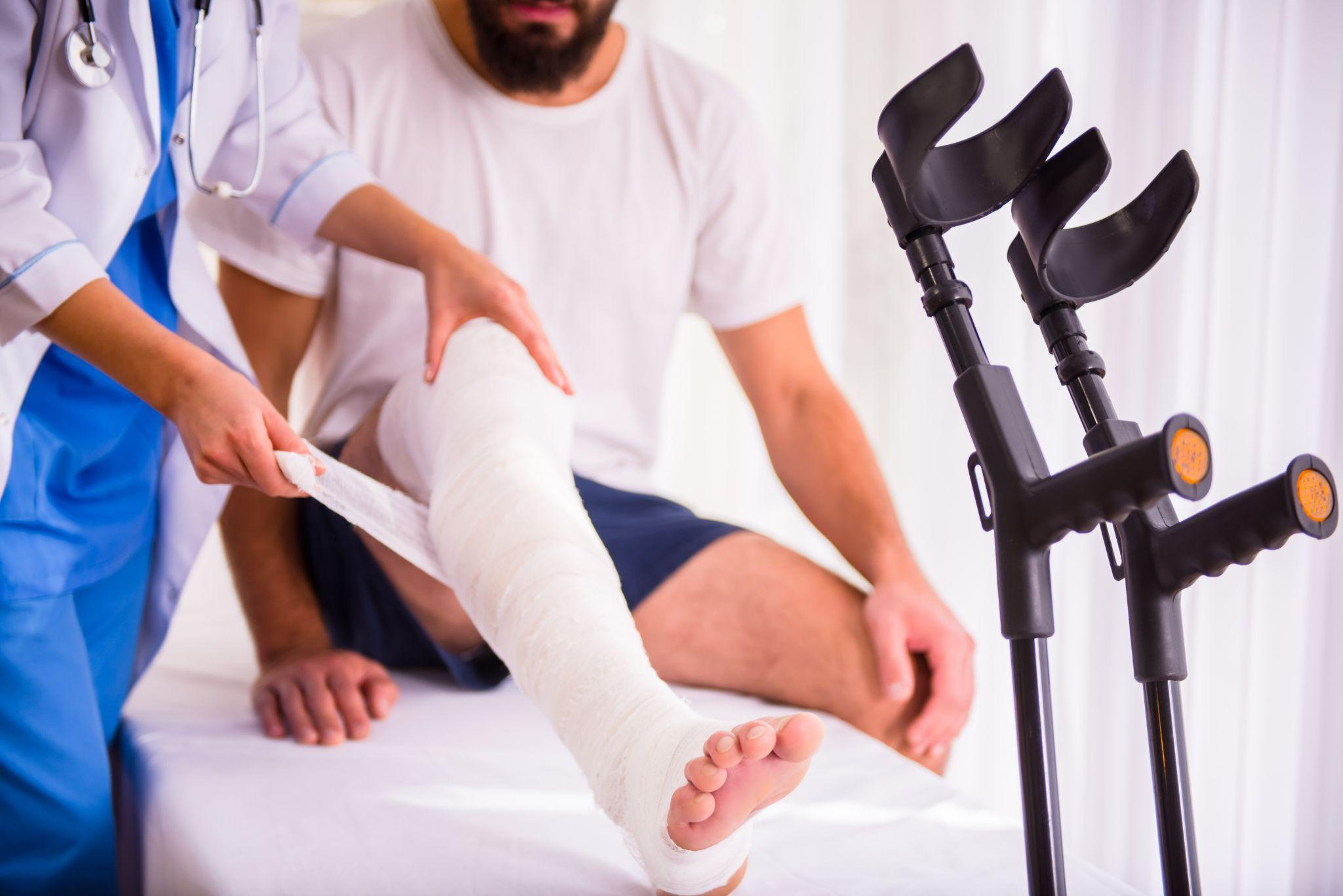
Here are some of the common injuries you may suffer while working on board a charter boat:
- Broken bones
- Traumatic brain injuries
- Hand and finger injuries
- Eye injuries
- Physical assault by passengers or other crew members
Legal Protection for Charter Boat Injuries
As a qualified employee working on a charter boat, the Jones Act protects your rights to fair compensation after sustaining a boat injury. If you’ve been injured on a charter boat, you can receive compensation in any of the following provisions:
Crew negligence
Sometimes, you may be injured because the vessel owner failed to provide a safe work environment. In such a case, you can make a compensation claim due to negligence by your employer to maintain equipment, allow sufficient rest periods, or provide training for crew members.
Unseaworthiness
You can make an unseaworthiness claim if the vessel or its equipment cannot be safely operated. For instance, if there is a rusty stairway and the owner fails to repair it, then the vessel may still be considered unseaworthy.
Maintenance and cure
If you get injured on a charter boat, you’re entitled to maintenance and cure regardless of who is at fault and how the charter boat accident happened. Maintenance includes your daily living expenses, while cure is the medical cost of treating your injuries. Your employer is obligated to pay maintenance and cure until you’re back on your feet and ready to go back to work.

Unfortunately, some employers pay low amounts that aren’t enough to cover basic needs or try to get you back to work prematurely. Others will even refuse to pay maintenance. If this happens, you should seek legal representation.
A Maintenance and Cure Maritime Injury Lawyer Can Help You
You’re entitled to maintenance and cure benefits if you have been injured on a vessel while working offshore. But if your employer has denied your claim or you need sound legal advice, contact our experienced maritime injury lawyers. During your free case review, our lawyers will help you determine if you’re eligible for additional compensation.

